Address
Sakiet Ezzit 3021, Sfax, Tunisia
Work Hours
Monday to Friday: 8AM -5PM
Address
Sakiet Ezzit 3021, Sfax, Tunisia
Work Hours
Monday to Friday: 8AM -5PM

Tunisian craftsmanship is a treasure trove of tradition, skill, and passion, deeply rooted in history and culture. Among the many artisanal wonders of Tunisia, olive wood products stand out as symbols of sustainability, artistry, and durability. With centuries-old expertise passed down through generations, Tunisian artisans have perfected the delicate process of transforming olive wood into stunning, functional pieces. But what makes olive wood craftsmanship so unique? In this deep dive, we uncover five secrets that make Tunisian craftsmanship in olive wood an unparalleled art form.
Olive trees are an integral part of Tunisia’s landscape, culture, and economy. Some of these trees have stood for centuries, producing the prized olives that contribute to Tunisia’s world-renowned olive oil industry. However, when an olive tree reaches the end of its fruit-bearing cycle, it is not discarded. Instead, artisans give it a second life by transforming its rich, dense wood into exquisite handcrafted items.

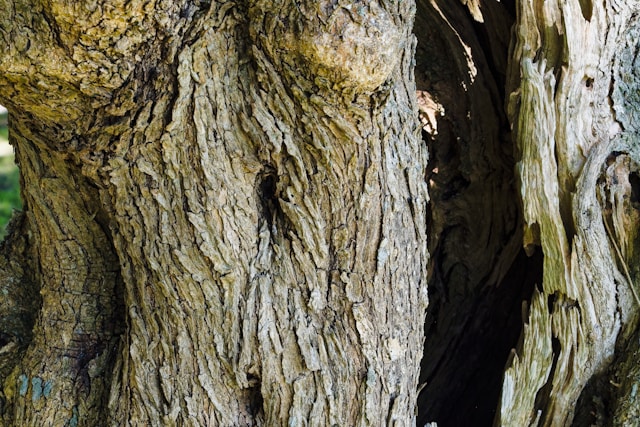

Unlike other types of wood harvested through deforestation, olive wood is sourced sustainably. The wood used by artisans comes only from pruned branches or trees that no longer bear fruit, ensuring that no tree is cut down prematurely. This sustainable approach is a testament to the ecological commitment of Tunisian craftsmen, preserving both the tradition and the environment.
Once harvested, olive wood undergoes an extensive drying process that can take several months or even years. This slow curing process is crucial for preventing cracks and ensuring the wood’s durability. The longer the drying period, the better the quality of the final product. Skilled artisans know precisely when the wood is ready to be shaped into elegant, long-lasting creations.
Despite modern advancements in machinery, Tunisian artisans rely heavily on traditional hand tools passed down through generations. Each piece of olive wood is meticulously carved, sanded, and polished by hand, preserving the authenticity and soul of the craftsmanship.
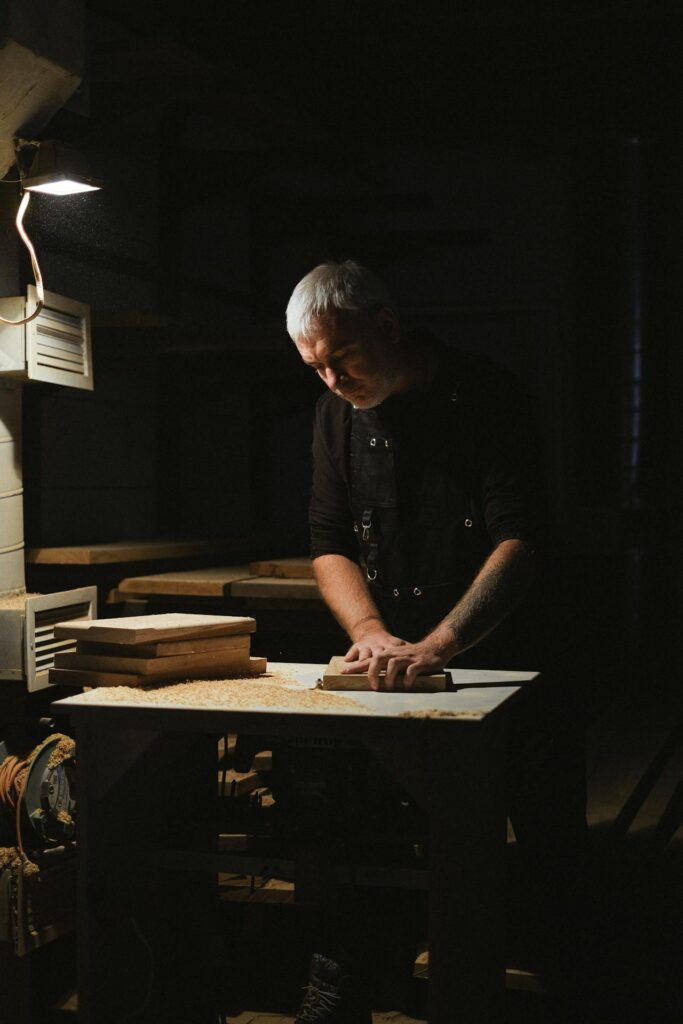
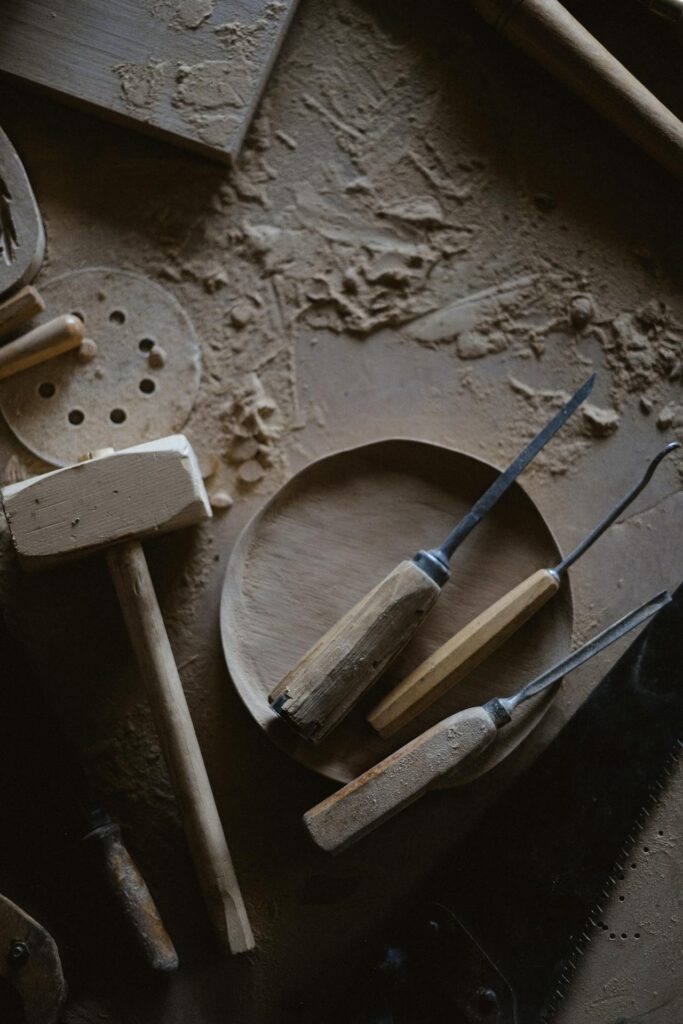
One of the most remarkable aspects of olive wood craftsmanship is its stunning grain pattern. No two pieces are identical, making each handcrafted item a unique work of art. The swirling lines and rich, warm hues of olive wood tell a story of time, resilience, and nature’s artistry.
Whether it’s kitchenware, decorative bowls, cutting boards, or intricate sculptures, the transformation of raw olive wood into refined, functional pieces is nothing short of magical. The skill required to carve, shape, and smooth each piece demands years of experience and an unwavering dedication to the craft.
Olive wood is one of the hardest and densest woods available, making it incredibly durable. It resists stains, odors, and bacteria, making it an ideal material for kitchen utensils and tableware.
Unlike plastic or other materials, olive wood contains natural oils that inhibit bacterial growth. This makes olive wood kitchenware a hygienic choice for food preparation.
The natural grain and warm hues of olive wood create an unmatched visual appeal. Whether polished to a high shine or left with a rustic finish, olive wood products exude elegance and sophistication.
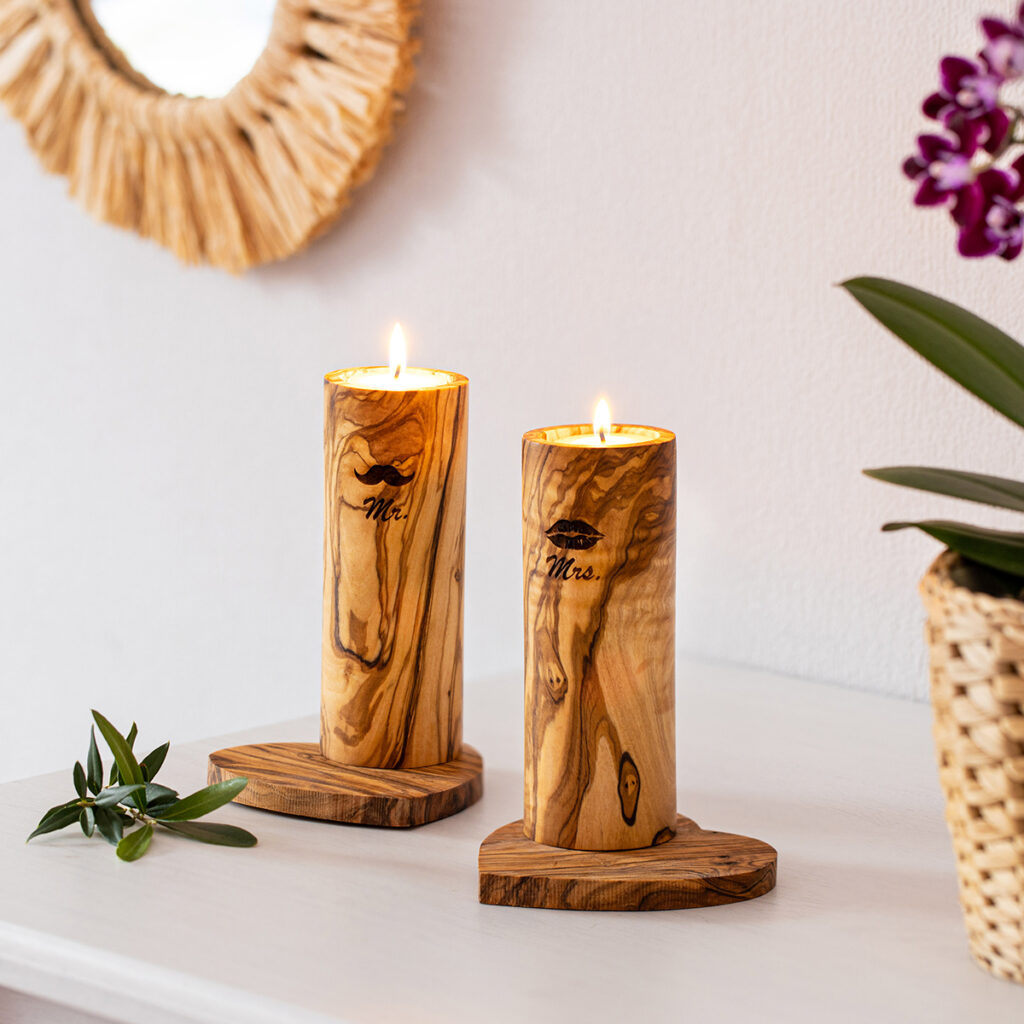
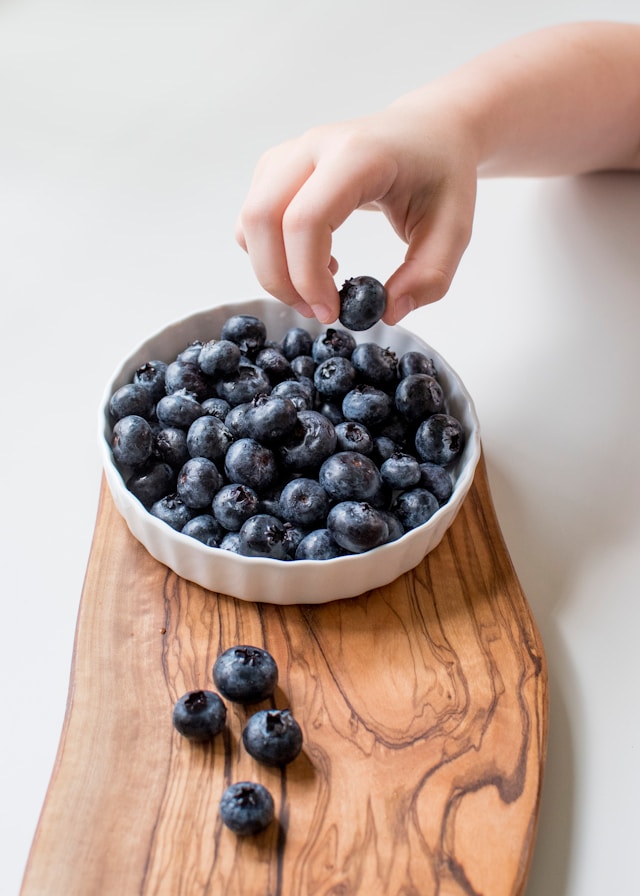

Tunisian artisans face numerous challenges in their pursuit of excellence. The painstaking process of handcrafting requires immense patience, skill, and physical labor. From sourcing and drying the wood to carving and polishing, every step is a testament to their unwavering dedication.
In an age of mass production, maintaining traditional craftsmanship is increasingly difficult. Many artisans struggle to compete with machine-made alternatives that flood the market. However, the authenticity, quality, and uniqueness of handmade olive wood products remain unmatched.
To ensure the survival of their trade, many master artisans mentor younger generations, passing down centuries-old techniques. The future of Tunisian craftsmanship lies in the hands of these passionate individuals who continue to honor tradition while adapting to modern market demands.
When you purchase an authentic olive wood product, you are not just acquiring a beautiful item—you are supporting Tunisian artisans and their families. By choosing handcrafted goods, you contribute to the preservation of a rich cultural heritage and sustainable practices.
To maintain the beauty and longevity of olive wood, proper care is essential:
From elegant kitchenware to sophisticated home décor, olive wood products add warmth, beauty, and functionality to any space. Their timeless appeal ensures they will be cherished for generations to come.
The art of olive wood craftsmanship in Tunisia is more than just a trade—it is a cultural legacy, a labor of love, and a commitment to sustainability. Each handcrafted piece tells a story of tradition, patience, and artistry, reflecting the deep-rooted connection between Tunisian artisans and their craft.
As consumers, we have the power to support and celebrate this incredible craftsmanship by choosing handmade, sustainable, and ethically sourced olive wood products. Whether as a gift, a functional kitchen item, or a decorative statement piece, every olive wood creation carries with it a piece of Tunisia’s rich artisanal heritage.
By embracing Tunisian craftsmanship, we not only bring beauty into our lives but also help preserve an age-old tradition that deserves to thrive for centuries to come. Follow us on Instagram and Facebook to learn more about olive wood.